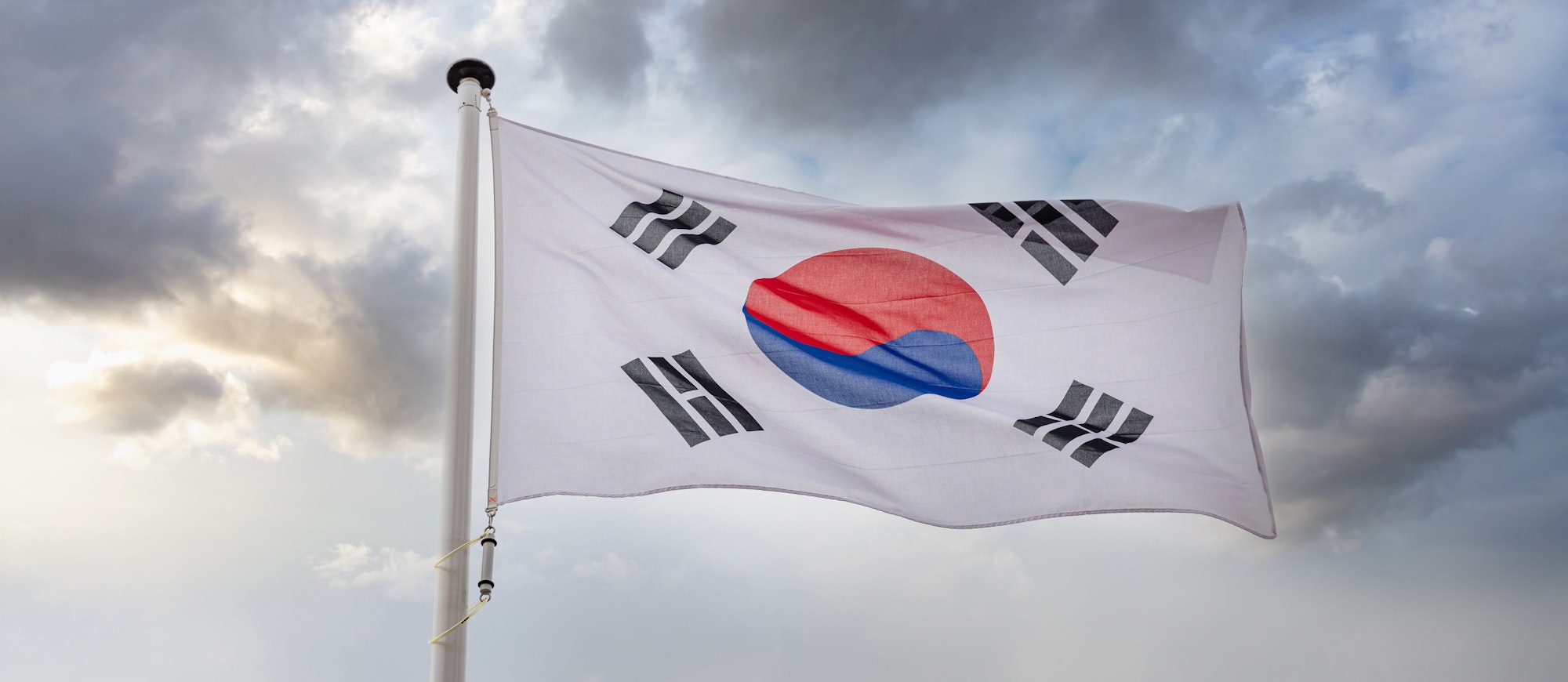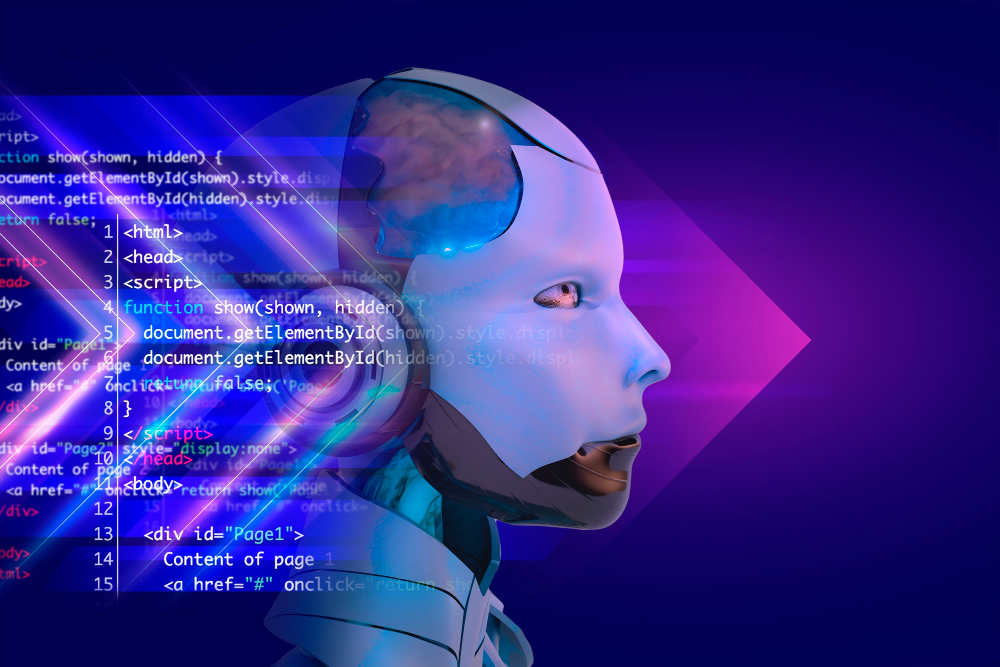In 2026, AI will transform management structures and automate tasks as companies strive to demonstrate real value. By 2026, AI is expected to move beyond experimentation and pilot projects and begin reshaping how companies are actually run.
According to researchers and professors at IMD, the focus will shift from testing AI tools to redesigning organisational structures, decision-making processes, and management roles themselves. After several years of hype-driven investment, many companies are now under pressure to show clear returns from AI.
Those that remain stuck in proof-of-concept mode risk falling behind competitors who are willing to make more significant operational changes. Several corporate functions are set to become AI native by the end of the year.
Human roles in these areas will focus more on interpersonal judgement, oversight and complex decision-making, while software forms the operational backbone. Workforce structures are also likely to change. Middle management roles are expected to shrink gradually as AI systems take over reporting, forecasting and coordination tasks.
At the same time, risks associated with AI are growing. Highly realistic synthetic media is expected to fuel a rise in misinformation, exposing organisations to reputational and governance challenges. To respond, companies will need faster monitoring systems, clearer crisis-response protocols and closer cooperation with digital platforms to counter fabricated content.
Economic uncertainty is adding further pressure. Organisations that remain stuck in pilot mode may be forced to scale back, while those committing to bigger operational change are expected to gain an advantage.
Operational areas are expected to deliver the highest returns on investment. Supply chains, core operations and internal processes are expected to outperform customer-facing applications in efficiency, resilience and cost reduction.
As a result, chief operating officers may emerge as the most influential leaders of AI within executive teams. Ultimately, by 2026, competitive advantage will depend less on whether a company uses advanced AI and more on how deliberately it integrates these systems into everyday decision-making, roles, and organisational structures.
Would you like to learn more about AI, tech and digital diplomacy? If so, ask our Diplo chatbot!










